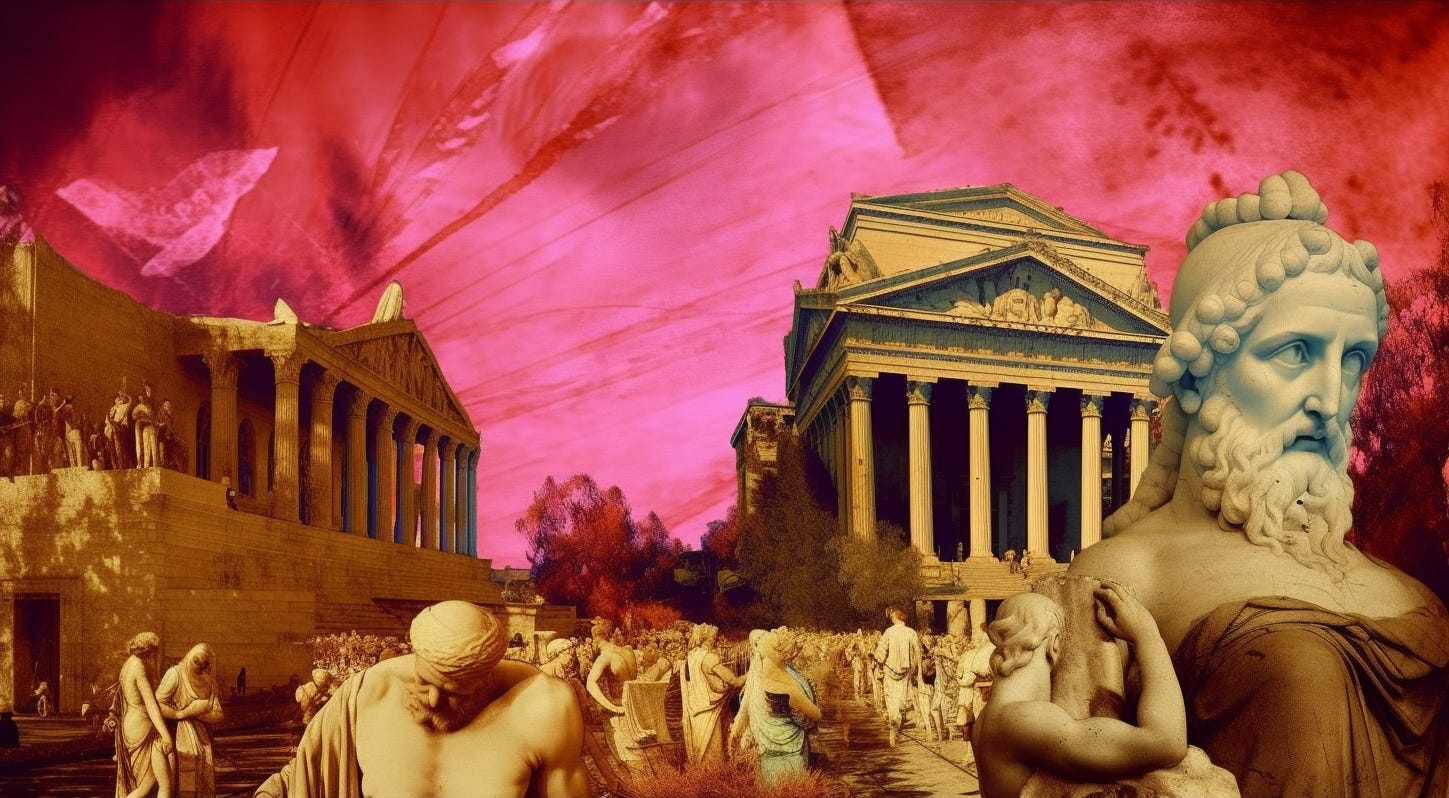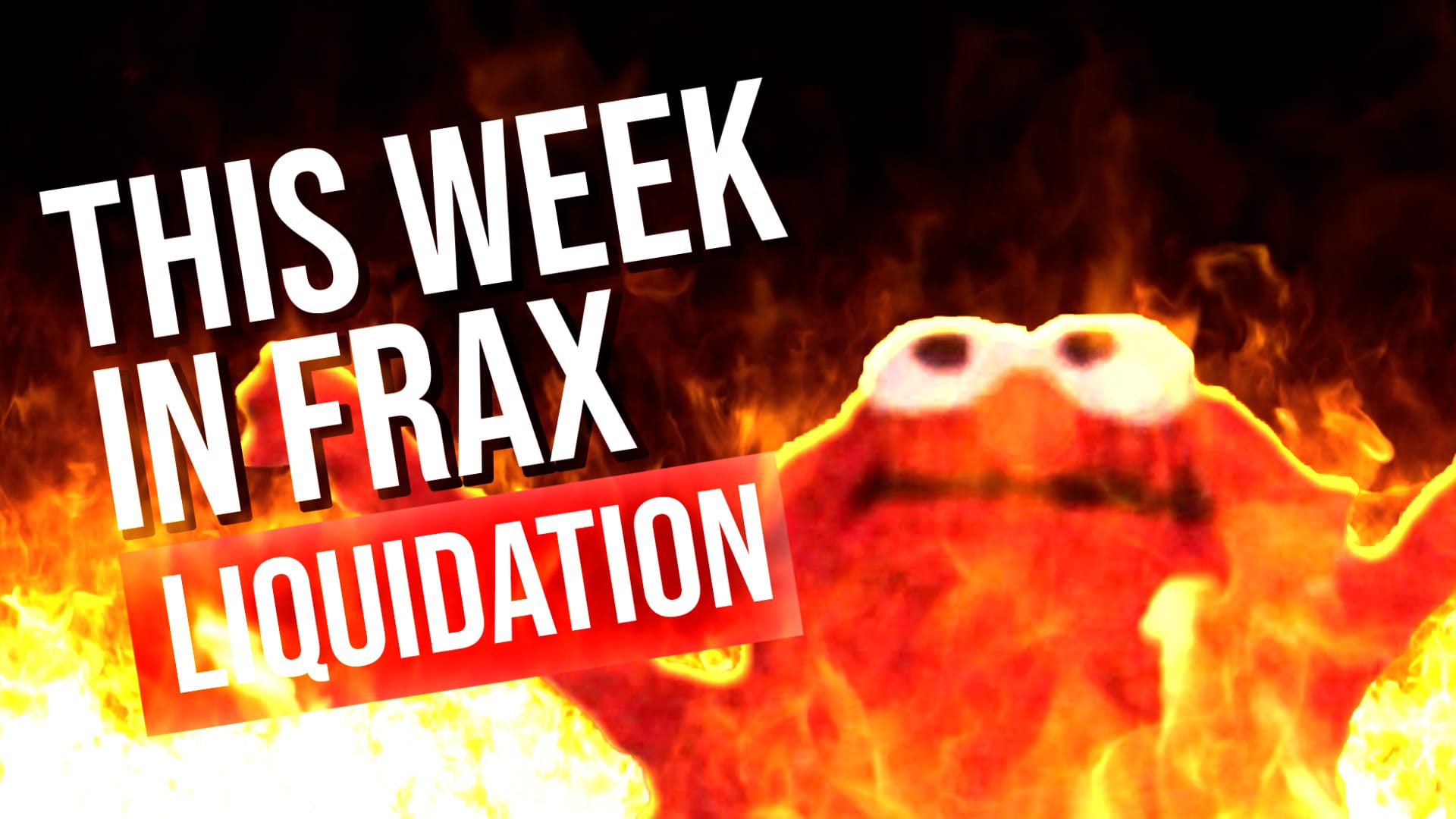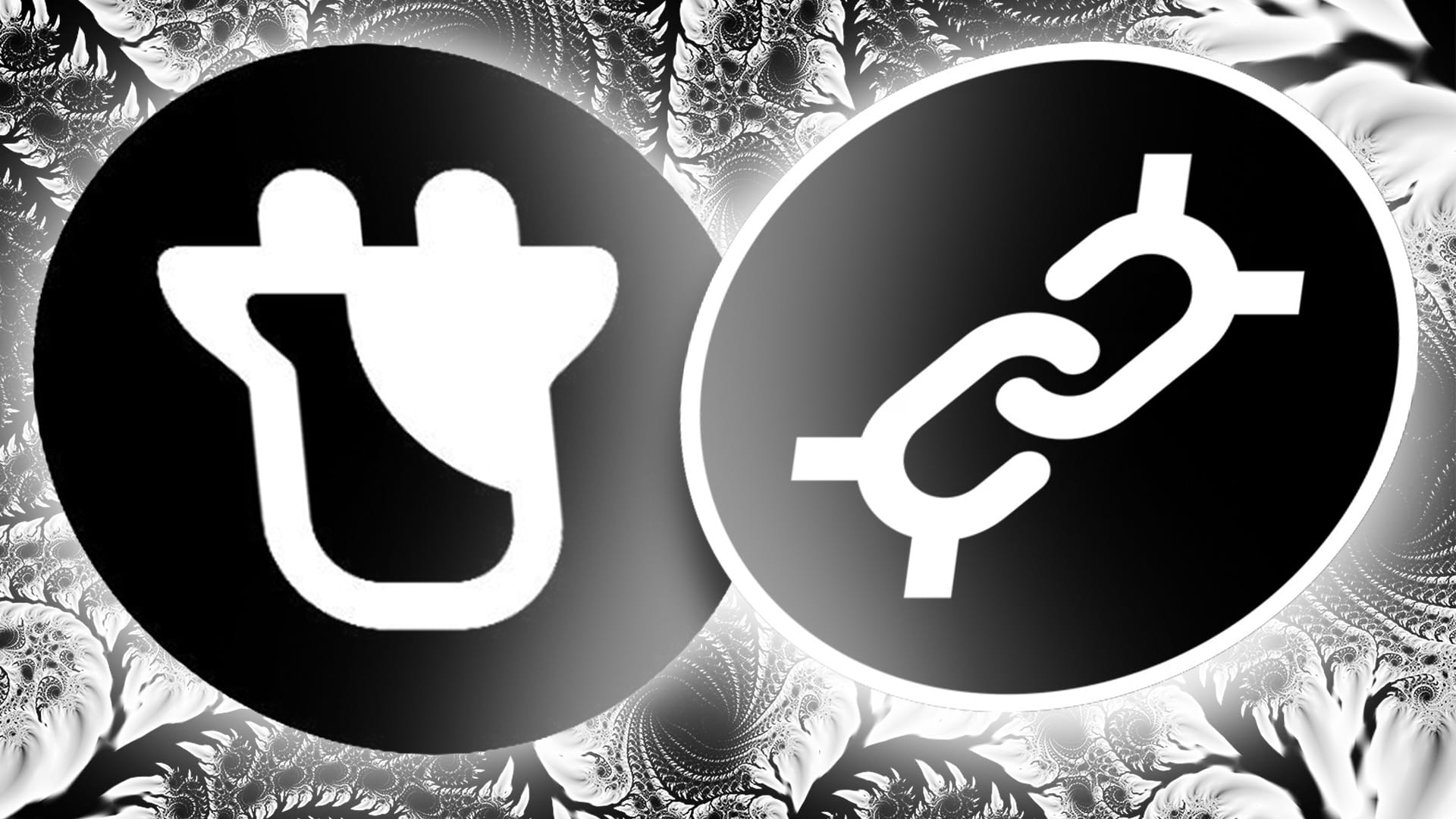In the past month, the failure of three high profile banks has led many to question the very nature of our banking system. Notably, Silicon Valley Bank, the 16th largest bank in the United States failed after $42 billion in demand deposits were withdrawn from the bank in 24 hours, throwing stablecoins like USDC into the lurch over a tenuous weekend. While in hindsight the event was overblown, it raised new questions about the role of banks and how we should treat demand deposits.
For those of you who are unfamiliar with how banking works, you give your cash to a depository institution, which then goes out and invests your collateral into various assets, mostly debt. The bank turns a profit as it pays less interest on short-term deposits than it receives on its longer-term investment portfolio. On a basic level banking is a way for capital to be distributed most economically, where those with excess capital can find yield, and those seeking credit can capitalize on their business ideas. In a fair and equitable world without risk, Bank runs would never happen as the banking institution’s lending facility would only give money to those who would repay, and the economy would never turn in a way, which would affect the ability of creditors to repay their debts. However, we don't live in that society. There is always risk in accepting short-term deposits and lending out on a longer term. There is no way to obfuscate or completely hedge or annihilate this risk. Managing this risk is what the bank does, it's its core function to create new money through the issuance of loans.
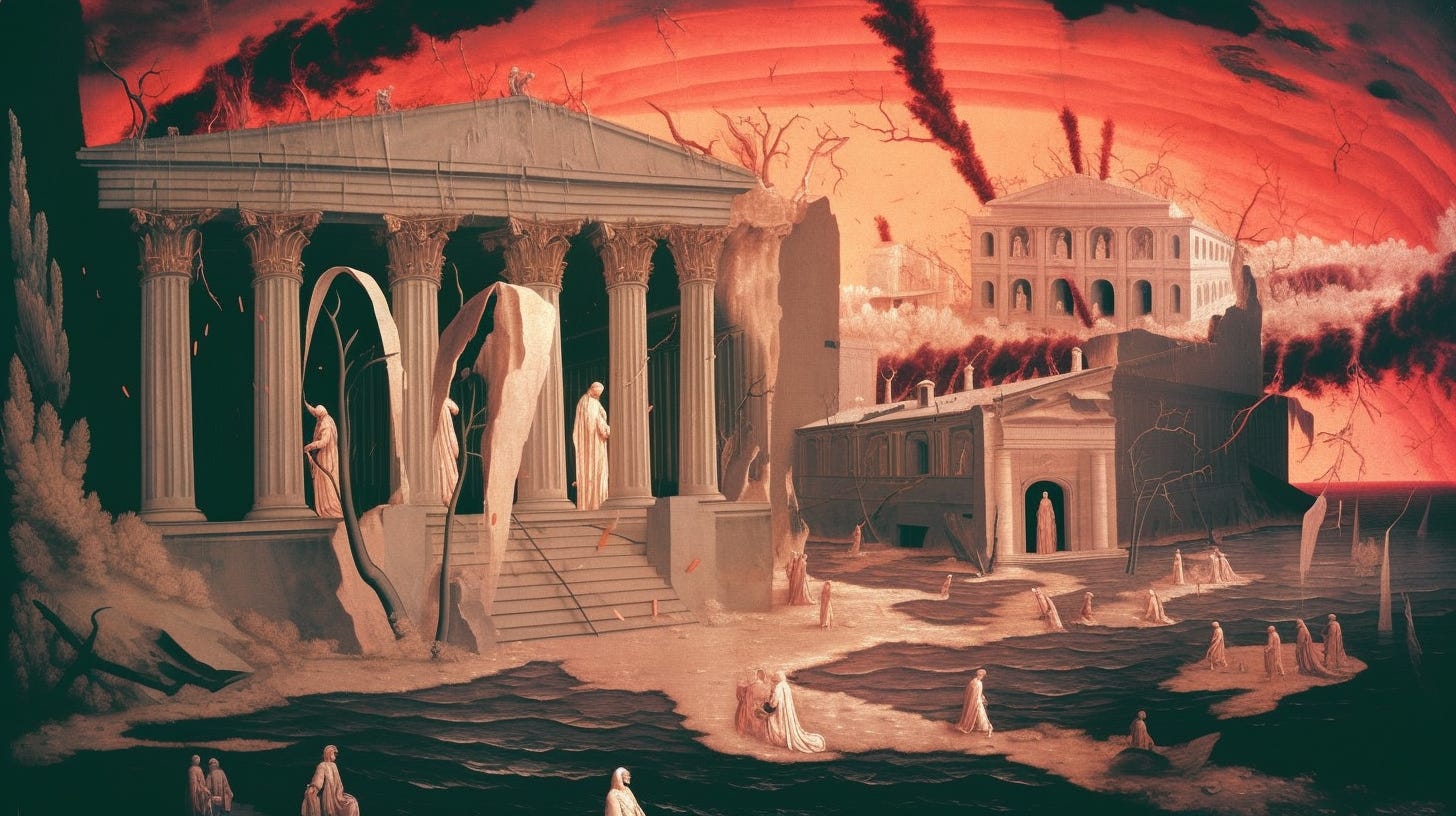
Post SVB's failure, a specific type of schadenfreude has emerged from the left, denigrating the tech and crypto industries due to the volatility of their markets. “They should've known,” or “they deserve this" has been a common refrain since the banks' collapse. Those shifty tech bros got what they deserved when Silicon Valley Bank collapsed. If only they had spent less time creating apps, and more time investigating the balance sheet of the banks where they kept her money, we wouldn't have this problem today. People forget, though, the amount of wealth creation that comes out of tech and crypto. The millions of jobs created worldwide, and the trillions in taxes paid to the United States government. It's a bit disheartening to see the backlash to the smartest minds of our generation, even if their focus has been to figure out how to get you to stare at your phone screen longer so they can serve more ads to you.
No doubt, the world has been an unsettling place for the last month. For me, it's been one of the few times in my entire career in crypto that I've questioned my continued time inputs and commitments. The last time was in March 2021 when Bitcoin hit $4000. It seemed like Bitmex was about to bring the entire market to its knees. Before that, it was floundering in the depths of 2018, where every ICO seemed like a scam and the joy ride of Bitcoin’s bull run was never to be again. And originally it was the collapse of mount Cox and the crash from $1000 by bitcoin that seem to kick this entire industry off. Time and time again, these networks have shown resilience. Even in the face of unprecedented, massively destructive volatility, our industry has emerged stronger than ever.
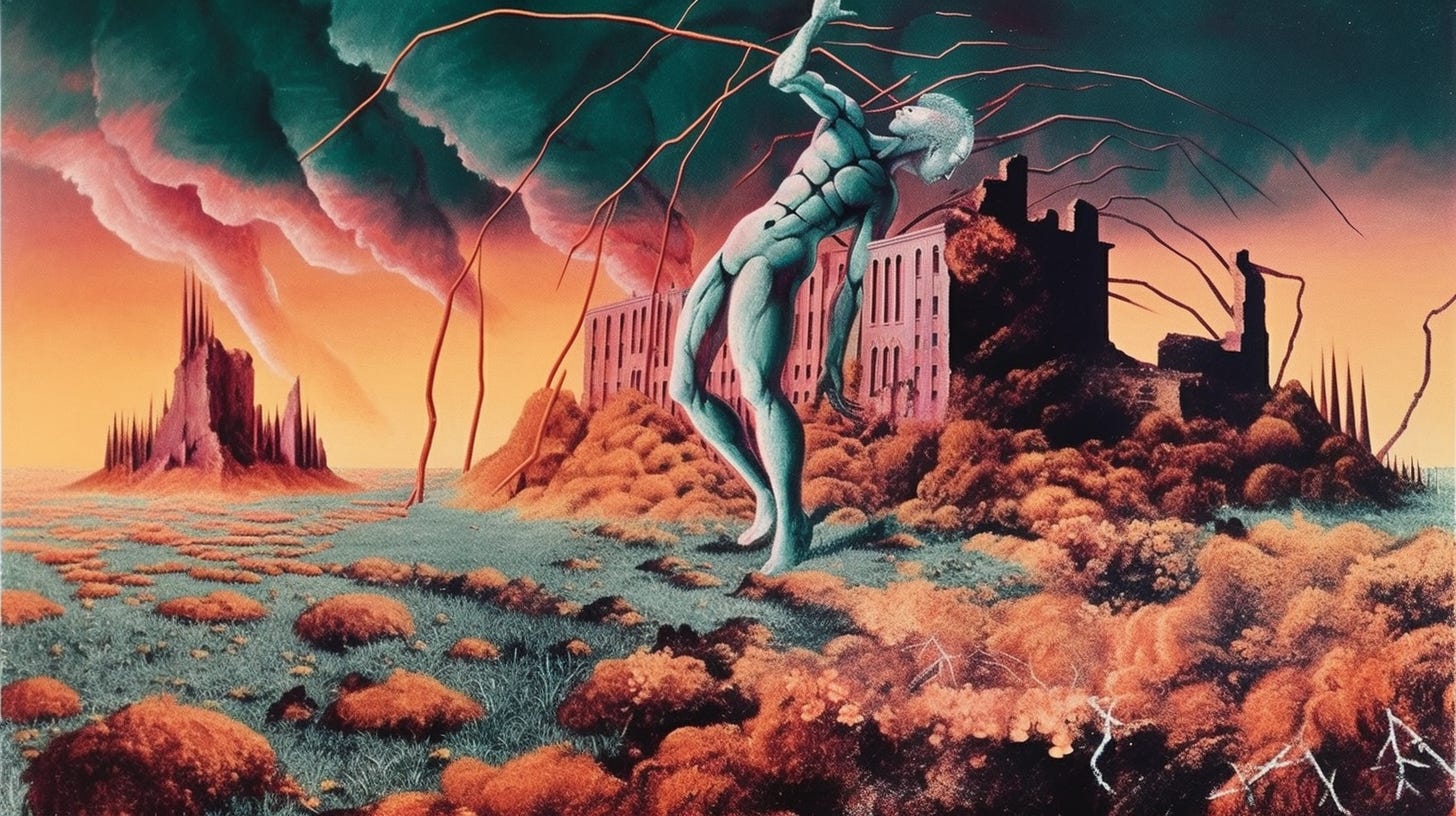
I bring this up because it's scary. The collapse of these banks is going to be used by a certain political faction to try and ram new banking regulations through Congress in the name of protecting depositors. In the past hundred years since the creation of the Federal Reserve, there have been significant changes and regulations imposed on banks that have limited their activities and forced them to keep reserves at a certain level, as well as a multitude of other changes, which have increased the complexities of running a bank. Additionally, the growth of multinational global depository institutions and the emergence of the eurodollar have created a system that vastly preferences a few banks in the United States.
100 years ago if you wanted to take a loan you would go to a small regional bank run by a local banker who understood the ebbs and flows of the community. These banks still exist, and they are responsible for the vast majority of industrial and commercial loans inside the United States. However, there has also been the emergence of a new type of bank, deemed "systemically important." These banks are subject to different rules than the small local regional commercial banks and Lauren portly when it comes to protections they are considered “too big to fail.”

After 2008 we learned that these systemically important banks would be protected by the United States government no matter what. That their failures would reverberate globally and create financial shock waves beyond our wildest expectations. I'm reminded of the Japanese earthquake and tsunami of 2011 which began as a powerful event off the northeastern coast of Honshu, Japan's main island. The tsunami caused widespread damage on land and created a series of tsunami waves that devastated the coast and killed thousands. A collapsing bank is much like an earthquake, tension is built up over an extended period, and then rapidly released. Buildings can be designed in a way, which mitigates the undulations of the earthquake, but there is little that can be done to protect against the swell of millions of gallons of water, rushing on shore, and sweeping everything along with it.
The Great Financial Crisis of 2008 started with the collapse of a single bank, Bear Stearns, and lead to global shockwaves, leading to the collapse of hundreds of financial institutions and the destruction of trillions of dollars of credit. The excesses of the banks at the time were documented, but poorly understood. How could these financial institutions know that lending to subprime borrowers, then packaging up the debt into strange new synthetic products, sold the banks worldwide, and then used to lever up could cause such destruction? In hindsight, it seems so clear. We allowed these institutions to engage in extremely risky activities with the explicit backing of governments. In the aftermath, significant regulatory changes were made to ensure that this type of egregious behavior could never take place again.
In the wake of the collapse of Silicon Valley Bank, there have been open calls for the United States government to ensure that all uninsured depositors at all US banks are protected from losses due to poor investment choices, made yet again by banking institutions. Approximately 43% of domestic deposits are uninsured today, exceeding $7 trillion. This money created by private commercial banks represents the global engine of innovation and capitalism. Over the last decades, we've allowed a regime of monetary expansion to create vast new riches of money through debt, now it's sitting at the precipice of capital destruction, through the failure of the banks and their poor investment schemes. Those who have benefited from this governmental mitigation of risk are now calling for further protections from the government to prop up a monetary regime of their own making. Wealthy individuals and companies with large cash balances in banks were able to disproportionately benefit from a low-interest rate regime created by monetary easing. They are now calling for a complete re-imagination of the banking system to protect their profits, held in depository institutions, and unfortunately, governments around the world will most likely cater to them because capital destruction or deflation is anathema to a credit-based money system.
By providing deposit insurance in unlimited amounts to all demand deposits, the United States government will be de facto, nationalizing the banks and explicitly asserting their status as franchises of the sovereign money power. Money by principle will be guaranteed by the government and will become a matter of public policy. In exchange, the regulators will ask for far more intrusive accountability, and regulations on the ability of banks to create new credit and engage in specific activities. As a result, money will explicitly enter the domain of politics, and regulators and politicians will use their power to choose winners and losers in the financial ecosystem.
This is the wrong way. We need a system where those who just want to bank to store their money can do so. We also need a system, where a network of private commercial banks can create money through lending activities. I would assume that most people and institutions would prefer this dichotomy of choices, instead of the current regime, which pigeonholes all depositors into the same risk profile. The only way to currently escape the risks of demand deposit loss as a result of bank failures is to move money into systemically important banks. We need alternatives, banks that don't engage in lending, that don't subject their deposits to risk investments, and even supposedly riskless ones like US treasuries.
Oh, the irony, that Custodia bank was denied its membership application to the federal reserve system on the eve of the second-largest bank collapse in the United States. Custodia had planned to keep a collateral ratio of 108% for all demand deposits and additionally, not engage in any lending activities that would subject those deposits to risk. The Fed claimed that Custodia's business plan was "inconsistent with required factors under the law" and that also "the firm's novel business model and proposed focus on crypto assets, present significant safety, and soundness risks." Now that the dust has settled on Silvergate and Signature bank, it's clear that Custodia was targeted by the current administration for its associations with crypto, yet it would have survived any bank run that destroyed other banks like Silicon Valley Bank.
The biggest mistake that we can make is to assume that a special set of policymakers, economists, or other people who study money have a special insight into how our monetary and financial systems work. Markets are intentionally opaque, and cannot be understood through mystic gnostic rituals like the monthly Fed meetings. We need a market, derived solutions that help depositors, shareholders, bondholders, and other entities with fiduciary responsibilities to make smart investment choices. Into products they see best fit for themselves and their businesses. It's going to be easy to fall into a trap of "we must act,” as a result of the past few months. It's in times of calamity that we typically see the greatest amount of our individual and collective power to the government. 9/11 led to the Patriot Act, 2008 lied to Dodd-Frank, in the great depression led to Glass-Steagall. Chaos provides the best opportunity for political factions to assert their beliefs and enshrine their desired powers.
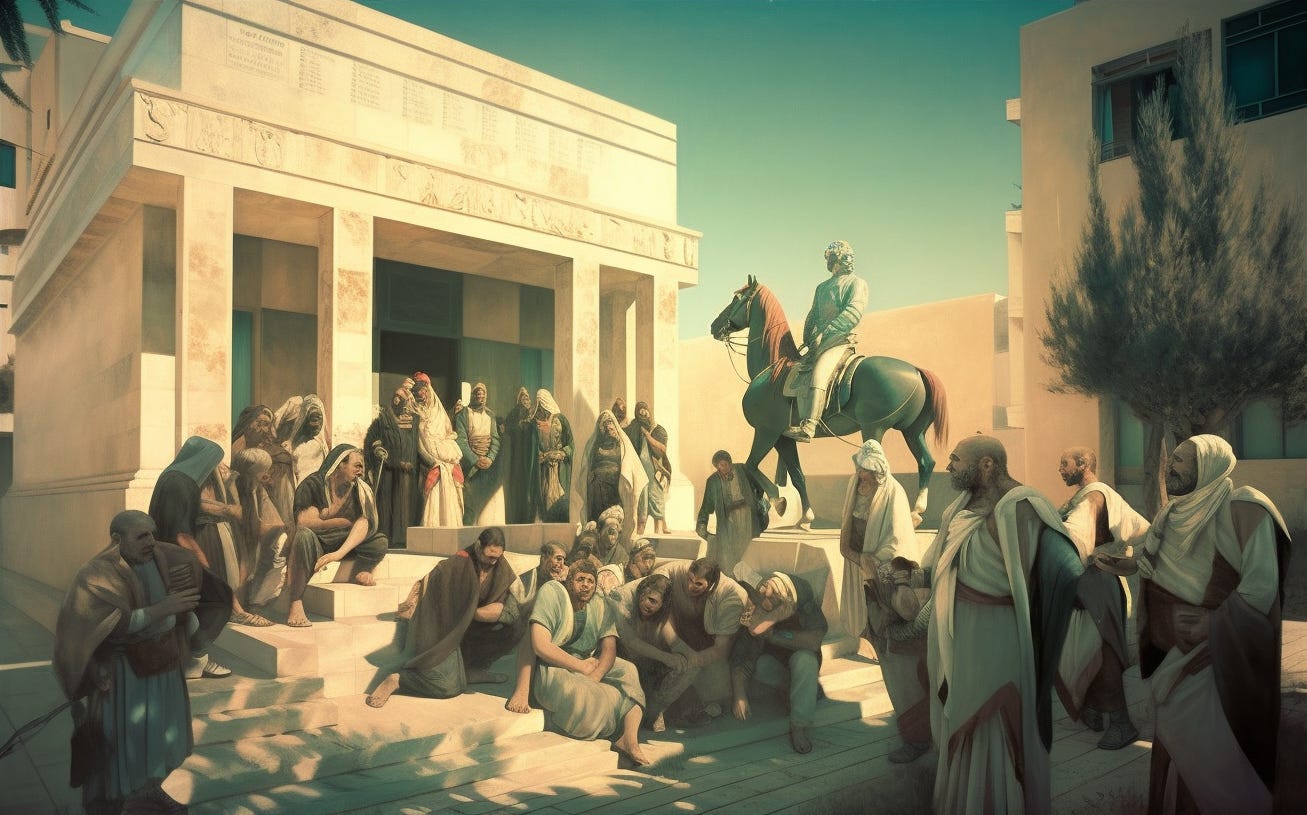
In 2012, the country of Cyprus had to shut down the banks due to bank runs and questions of insolvency. Cypriot banks were home to billions of Russian sourced money, using the jurisdiction to offshore their capital. When the bank closed due to insolvency and run concerns, president Nicos Anastasiades refused to agree on potential losses for his billionaire Russian customers. The Germans on the other hand pushed for massive haircuts that led to a 47% haircut on all demand deposits, wiping out more than $3bn euros in savings. The damage to Cyprus was quick and short-lived. In under a decade the banking system had fully recovered and the country exited their repayment program earlier than expected due to falling interest rates. So while politically distasteful, the idea of deposit haircuts isn’t an outlier.
I don't think that money is a public good that needs to be managed by the government and an opaque group of unelected bureaucrats. Money needs to exist in a highly transparent, private, and competitive market. In today's age of money, billions of dollars can be transferred from one account to another with a single keystroke or API. We need to rethink what money is and what it means to us as a society at large, and how we deal with the risks of it moving at light speed. A transparent open and permissionless infrastructure provides a system, where an institution's or DAO's balance sheet is visible at all times. It would beg the question of what sort of social structure would be enacted on the banks themselves if this were the case. The alchemy of banks borrowing short without lockups and lending long would probably disappear. Riskier credit creation and lending would move to banks that charge appropriate fees and interest for the service. Bailouts wouldn't be necessary, because the core retail depository base would be protected in these "Narrow Banks.” The true cost of money can't be found in the current environment, as art institutions have been relieved of the moral hazards of credit, duration, and interest-rate risk. We must act in a way to liberate ourselves from the politicization of money and ensure free and open markets to remain the bastion of capitalism into the next century

